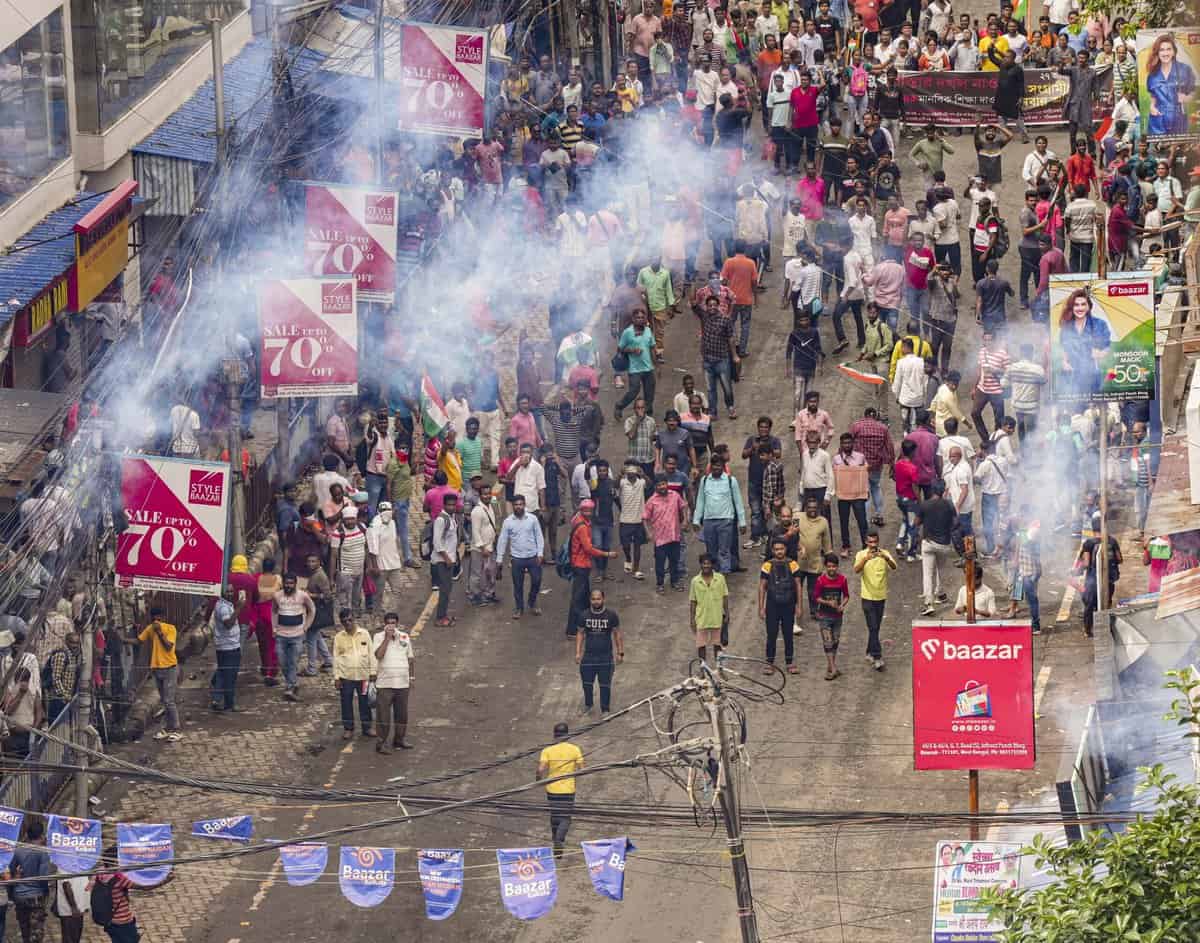
New Delhi: The CBI will consult experts from the All India Institute of Medical Science on the DNA and forensic reports related to the alleged rape and murder of a trainee doctor at RG Kar Medical College, officials said Tuesday, August 27.
To build a watertight case, the CBI will send the reports to AIIMS to seek their opinion on the case, they said.
The reports will also help the agency to ascertain if Sanjay Roy was the only accused who committed the crime or if there were others involved, they said.
So far the agency is working on the leads that Roy was the only accused in the crime, but involvement of others will only be ruled out after receiving the opinion of AIIMS experts, the officials said.
The rape and killing of the junior doctor in a seminar hall of the hospital have sparked widespread protests.
The medic’s body with severe injury marks was found inside the seminar hall of the hospital’s chest department on the morning of August 9 by a doctor who was on the round.
Kolkata Police arrested Roy on August 10 based on CCTV footage in which he was seen entering the seminar hall at 4.03 am on August 9 when the crime was allegedly committed.
Based on CCTV footage, Roy was put through extensive interrogation, and the police also noticed “recent injuries” on his left cheek, an abrasion in his left hand between his left and ring finger, and an abrasion over the back of his left thigh, among others, showing signs of struggle.
His biological samples, like urethral swab and smear, semen, hair, nail clippings, and nail scraping, were collected during the medico-legal examination, they said.
On August 13, the Calcutta High Court ordered the transfer of the probe from the Kolkata Police to the CBI, which started its investigation on August 14.
The CBI took over all the forensic evidence from Kolkata Police and also subjected Roy, former principal of the medical college Sandip Ghosh, four doctors who were on duty with the victim, and a civic volunteer to polygraph tests to get further leads about the crime.
The initial reports from CFSL are being analysed and corroborated with evidence to get further direction to the probe, the officials said.
A polygraph test can help in assessing inaccuracies in the statements of suspects and witnesses. By monitoring their psychological responses—heart rate, breathing patterns, sweating, and blood pressure—investigators can determine if there are discrepancies in their responses.
However, these are not admissible evidence during the trial and can only be used to get further leads in a case.
(With inputs from PTI)
